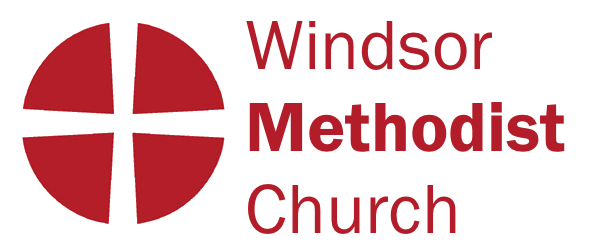Friends
As we all return from leave, I have been reflecting on the need for rest, the God-given opportunity for rest, and the way in which we struggle to take it in our stressful times.
My nana prepared the Sunday lunch on Saturday afternoon.
Carefully she peeled the potatoes,
Scrubbed the carrots, shelled the peas,
Prepared the chicken, removing the giblets
Filling it with stuffing, rubbing the flesh with lemon and butter
Covering it loosely with tin-foil and placing everything in the fridge
The potatoes in their own bowl of water to prevent discolouration
The pudding prepared,
The whole meal needing only the application of heat.
In the morning, the chicken in the oven on a time
And the whole family off to church
With anxious glances at watches
If an over-enthusiastic preacher strayed too far
Beyond the glorious, golden hour of worship.
Such days, such preparation brought a rhythm to the week
That we perhaps lack in these busy, pre-packed, pre-packaged days,
But still if we listen, we may yet hear the voice of God wondering
Will they trust me to provide
For one day of rest in these times of travel and of travail?
God bless,
Vicci
